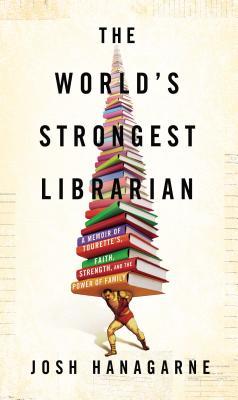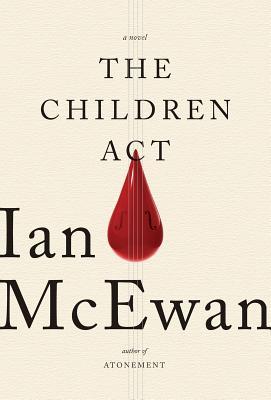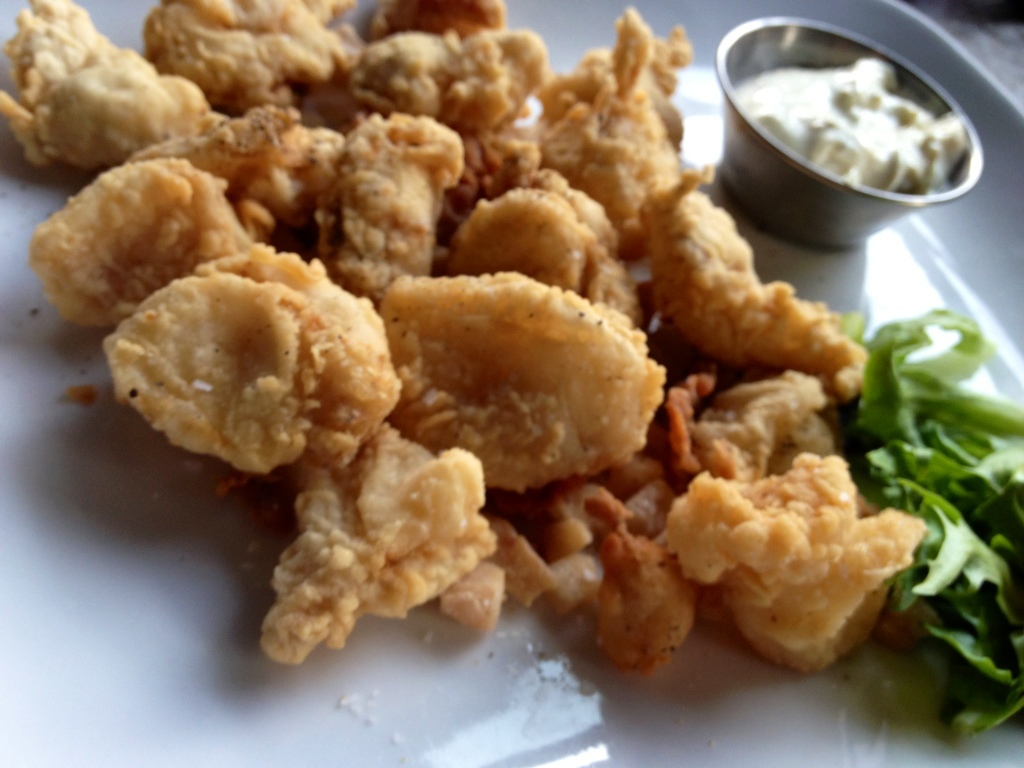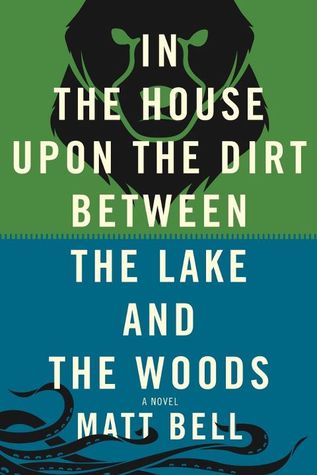I am a huge admirer of Ayaan Hirsi Ali, having been fascinated by her memoirs Infidel and Nomad. With Heretic, Hirsi Ali is less autobiographical, but for the first time, she is optimistic about the future of Islam and its adherents' relationship with the rest of the world.
I believe a Muslim Reformation is coming. In fact, it may already be here. I think it is plausible that the Internet will be for the Islamic world in the twenty-first century what the printing press was for Christendom in the sixteenth.In Infidel, Hirsi Ali divides Muslims into three broad groups, not based on doctrinal differences (like those between Sunnis and Shiites) but on philosophical approaches: Medina Muslims are the fundamentalist radicals who follow Muhammad's warrior philosophy that was first seen at Medina, and comprise about 3% of Islam (or 48 million people worldwide); Mecca Muslims are “loyal to the core creed and worship devoutly but are not inclined to practice violence” (and make up the clear majority of Muslims, following Muhammad's first peaceful revelations at Mecca); and Modifying Muslims are those dissidents within Islam (or former Muslims, such as Hirsi Ali herself) who want to prompt a Reformation.
I have identified five precepts central to the faith that have made it resistant to historical change and adaptation. Only when these five things are recognized as inherently harmful and when they are repudiated and nullified will a true Muslim Reformation have been achieved. The five things to be reformed are:Hirsi Ali goes into detail with these five precepts – giving historical background and demonstrating how each area is feeding the radicalisation/loss of rights that we are seeing today – and it makes for a very interesting read. I especially appreciated the notions that 1) Muslims have daily cultural reinforcements that confirm the afterlife is more pressing than the here and now (such as responding “Inshallah” or “God willing” if someone says, “See you tomorrow”), and that 2) Along with the imperative of jihad, this focus on death is what makes it so easy for a person with a certain mindset to be willing to strap on the dynamite vest, and why that person's family would be happy about it; often celebrating a suicide bomber son's death as a wedding (knowing full well that upon death he would rise to the highest level of heaven and meet his black-eyes beauties). It's that mindset that I've always found impossible to imagine fighting against – how do you stop people who want to die?
1. Muhammad’s semi-divine and infallible status along with the literalist reading of the Qur’an, particularly those parts that were revealed in Medina;
2. The investment in life after death instead of life before death;
3. Sharia, the body of legislation derived from the Qur’an, the hadith, and the rest of Islamic jurisprudence;
4. The practice of empowering individuals to enforce Islamic law by commanding right and forbidding wrong;
5. The imperative to wage jihad, or holy war.
Muslims around the world cannot go on claiming that “true Islam” has somehow been “hijacked” by a group of extremists. Instead they must acknowledge that inducements to violence lie at the root of their most sacred texts, and take responsibility for actively redefining their faith.In addition to this notion of Muslim responsibility – an appeal to the so-called Mecca Muslims to become more vocal when their radical co-religionists perpetrate outrageous acts of violence – Hirsi Ali also wants those in the West to become more vocal. In particular, she wants the “tolerant liberal multiculturalists” to become more intolerant of senseless violence; for people like Ben Affleck and President Obama to stop conflating criticism of Muslim terrorists with Islamophobia.
Crimes against human reason and against human conscience committed in the name of Islam and shariah are already forcing a reexamination of Islamic scripture, doctrine, and law. This process cannot be stopped , no matter how much violence is used against would-be reformers. Ultimately, I believe it is human reason and human conscience that will prevail.And again, what I liked best about Infidel was that it is optimistic that change is possible, and coming from Hirsi Ali, it made me feel optimistic as well.
It is the duty of the Western world to provide assistance and, where necessary, security to those dissidents and reformers who are carrying out this formidable task.









